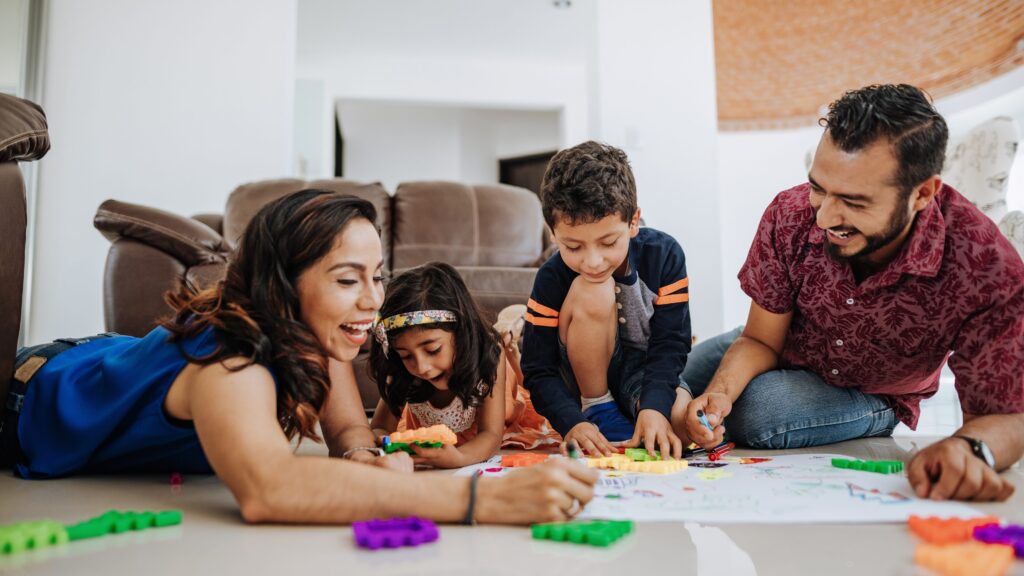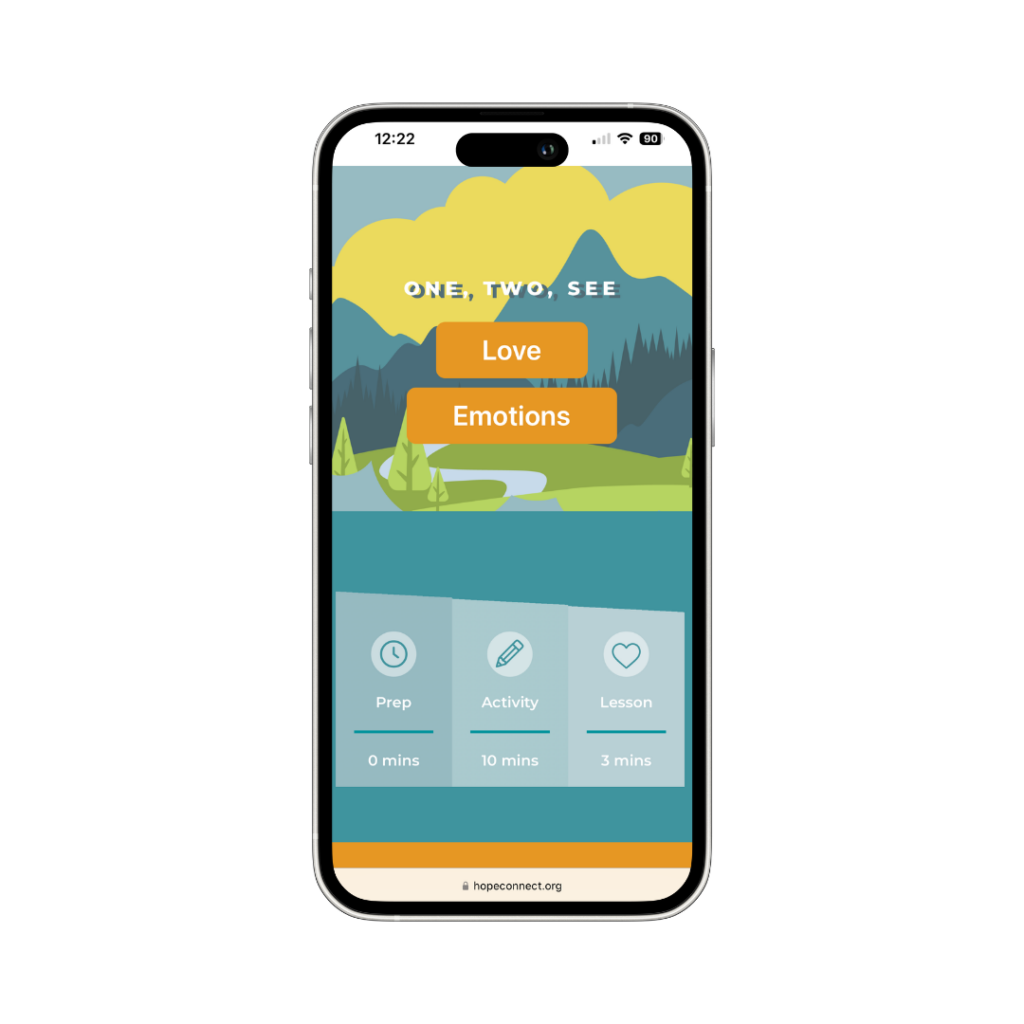Busy workloads, relentless text messages and never-ending household chores — we, as parents, have dozens of things vying for our attention every day.
And these distractions don’t make it easier to be present with our kids.
The most precious gift we can give our children is our time and attention. Beyond our own responsibilities, our children’s schedules are packed with school, homework, chores, dinner, extracurricular activities, bedtime routines, and more.
Because of all these obligations, it can be difficult to find time to meaningfully connect with our children. However, when it comes to raising our kids, studies show just how important it is to be a present parent.
If the thought of adding another “to do” to your already packed schedule seems overwhelming, don’t worry — even spending five to 10 minutes connecting with your kids each day can do wonders for your relationship.
Here are some easy tips to help you be a more present parent.
How to Stay Present as a Parent
Many of us mistake being a “present” parent with being a busy one, but that couldn’t be further from the truth. In order to be a present parent, we need to be intentional about the ways we engage with our children.
For example, if you’re getting ready to have a conversation with your child — whether you’re discussing something serious or are merely checking in with them after a long day at school — here are some things you can do to make your check-in feel more intentional:
- Put your phone and computer away. If you’re constantly checking your phone while you’re speaking with your child, you’ll appear distracted.
- Get physically on your child’s level. If your children have difficulty speaking with adults, coming down to their level can help them feel more comfortable.
- Make eye contact with them. This shows you’re genuinely concerned with what they are saying.
- Name and acknowledge their feelings. By naming our children’s emotions, we can help them feel validated.
Is something in their life causing stress, uncertainty, change? Are they feeling disappointed or sad about something? Be present in those feelings – try not to fix them, simply be with them. When your child is excited to show you something, match their excitement and join in their joy.
If you want to connect with your child during playtime, joining in on the fun is another excellent way to practice present parenting. Whether you’re taking part in imaginary activity, playing a board game or shooting hoops outside, try and connect with your child through play.
Present Parenting During Stressful Situations
By being present in your relationship with your children, you get a front row seat to observe what’s happening in their lives. While your presence is necessary in any season, it’s especially critical in times of uncertainty, grief, and transition.
In these moments, talk to your kids about what is happening in their world. Use age-appropriate language, but talk with them. Presence is vulnerable, which is part of why we run from it with busyness. Be prepared for this to feel uncomfortable if stillness and connection are hard for you.
On the other side of that discomfort is connection and relationship that brings about healing — both for our children and for us as adults.
Key Takeaway
Take time to be present with your children. Eliminate distractions and choose connection over busyness.
“Do not love the world or anything in the world. If anyone loves the world, love for the Father is not in them. For everything in the world—the lust of the flesh, the lust of the eyes, and the pride of life—comes not from the Father but from the world.”
Application
Take some time to play an intentional game with your children as you learn how to parent with presence.
Think, Share, Care gives you and your kid the opportunity to get to know one another better — all while remembering how much God wants us to live in community.
Now available in HopeConnect™!












